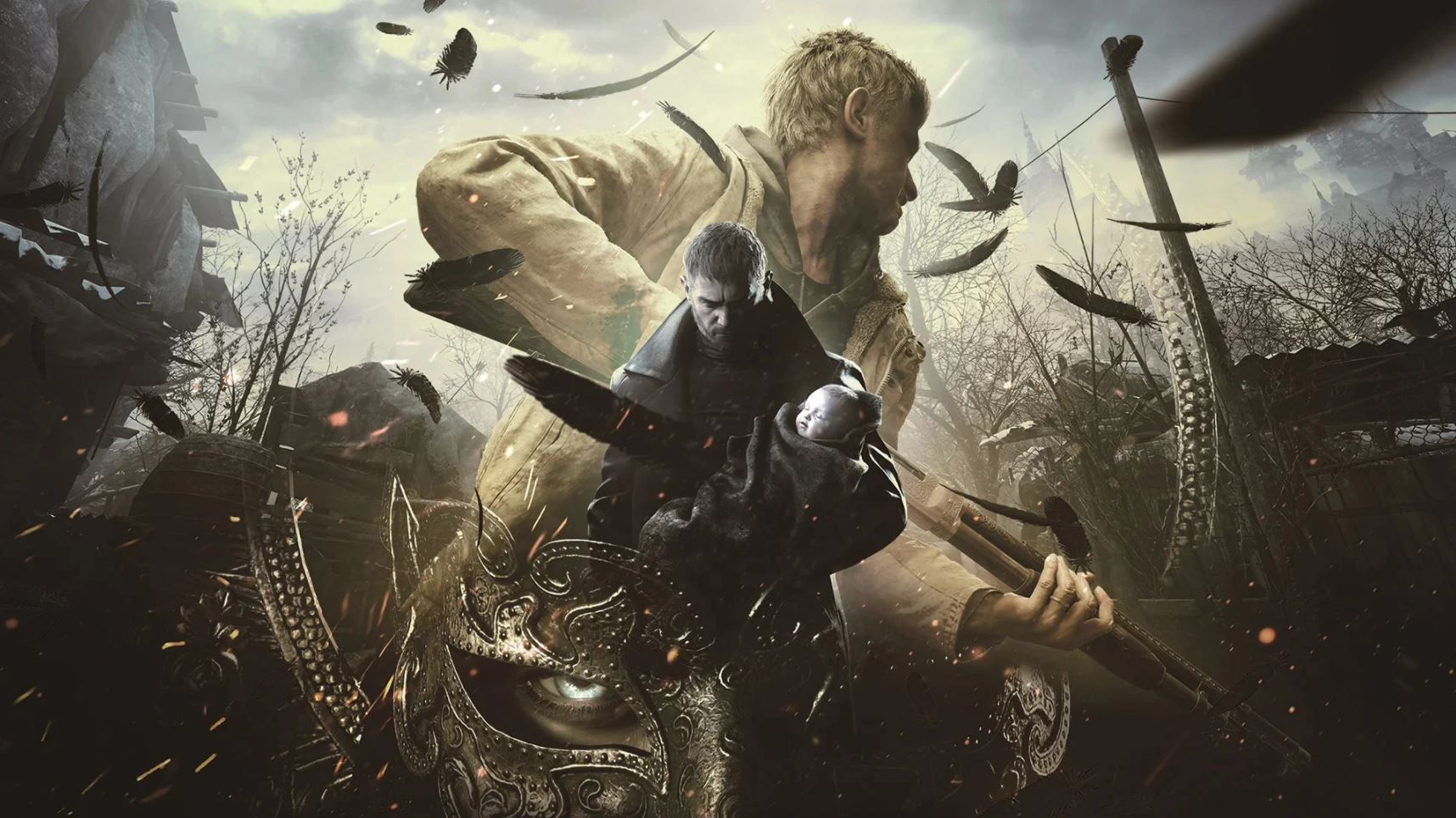In recent days a supposed document from the Capcom and PlayStation marketing agreement for Resident Evil Village has emerged online, suggesting that Sony is paying to keep all consoles (Xbox Series S/X, Xbox One, PS4, PC, Stadia, and PS5) performing at the same level for the upcoming horror game.
Further details in the agreement suggest that Resident Evil Village can’t enter Game Pass for the first year of its release, alongside Sony getting 14-day exclusivity to DLC if Capcom develops it. But, right now we have no confirmation that these documents are indeed real or from the Capcom data leak last year.
Law firm Hoeg Law believes that the document could be authentic, but there is no firm way to confirm that this is indeed the signed document between Capcom and PlayStation due to a lack of authentication.
The phrasing that has got everyone concerned stipulates that “each version of the game available on PlayStation platforms maintains content, feature, and technical parity (subject to any material platform limitations) with any equivalent version of the game or DLC released on any other competitive platform or PC/mobile platform.”
The wording on this is incredibly vague but some have taken it to mean that Sony is paying to restrict the PC and Xbox versions of the game, which isn’t the case. Sony is simply saying that Capcom can’t offer HDR on Xbox and not on PS5, when the PS5 supports it, as Daniel Ahmad points out below.
Resident Evil Village will perform better on PC compared to PS5 and PS4 as the technology is of higher performance.
The final section, which has caused some concern, is the one on subscription services that states the “publisher shall not authorize or encourage any third party to include the Game in any Competitive Platform subscription service that is competitive with any PS Subscription service.”
It then goes on to list services like Game Pass and Stadia Pro subscriptions. The period for this in relation to Resident Evil Village states that this lasts for one year after the game’s release.
Ultimately, this isn’t entirely surprising as companies enter marketing agreements all the time and gain the exclusive right to games and features in various ways. However, this does beg the question; just how many games has Sony stopped from appearing on Game Pass because they signed this agreement?
Marvel’s Avengers is now out on PlayStation Now but hasn’t appeared on Xbox Game Pass, with Sony having had a marketing deal for the game with Square Enix. On the other hand, something like Outriders launched into Xbox Game Pass but didn’t have a marketing deal with Sony.
Despite all this information, the truth of the matter is we will probably never truly know if Sony has kept games off Game Pass or if Microsoft has kept games off of PS Now and PS Plus.
All of these details are hidden away in contracts and only ever seen by the public when they are leaked. And, in the grander scale of things, these marketing and exclusivity agreements aren’t that unusual for the industry. However, that doesn’t make them acceptable, either.
Source – [@AlfredLameche, @HoegLaw, @ZhugeEX]
